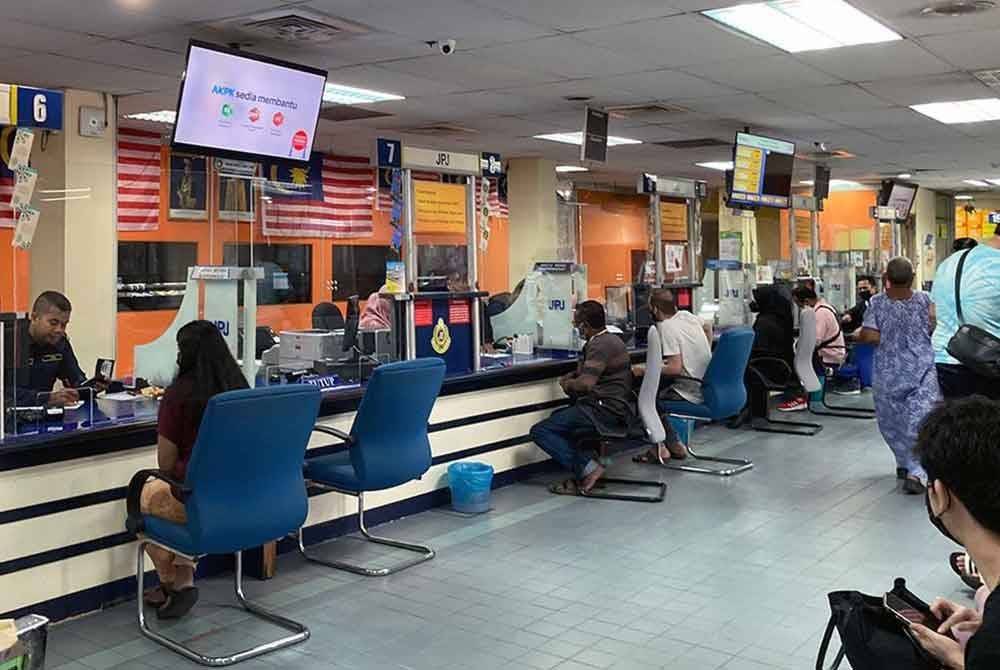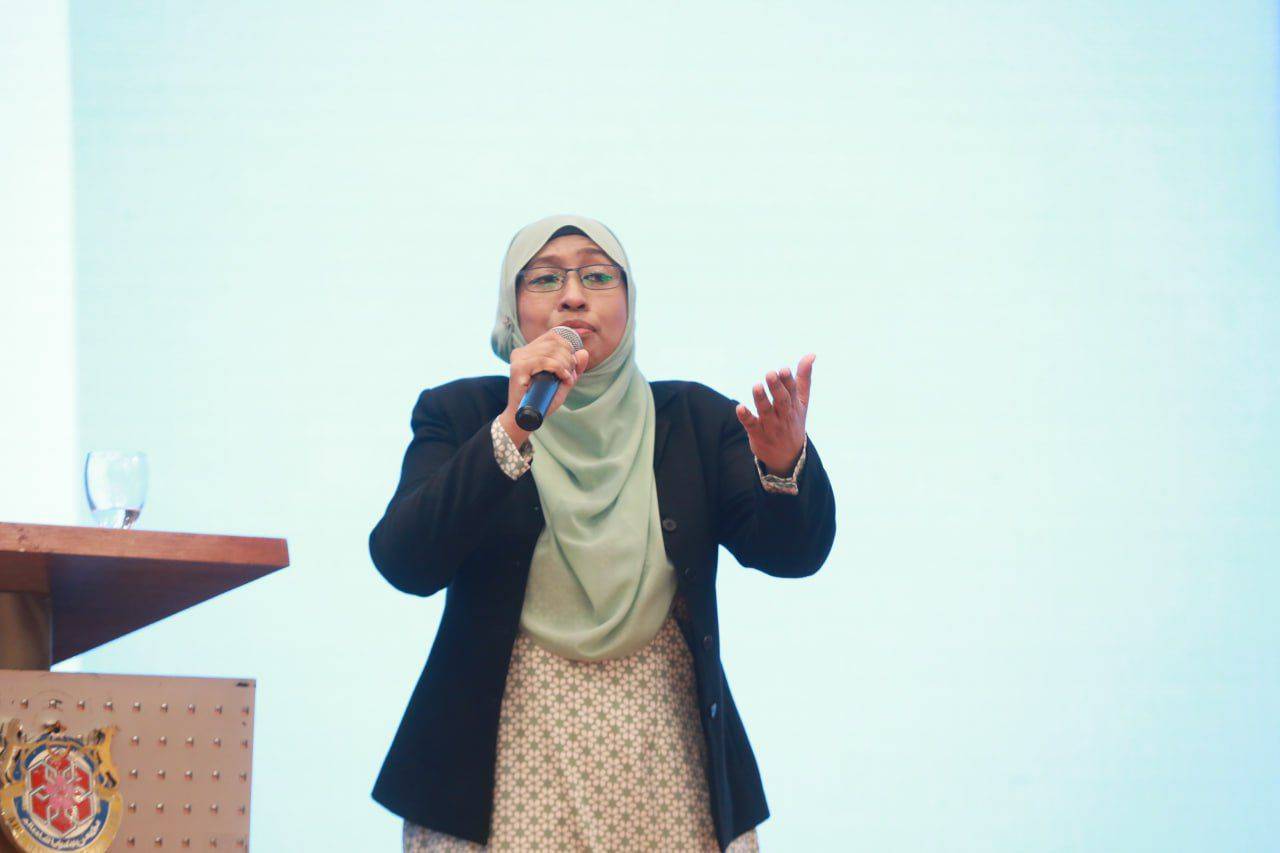Rasuah Busters urge cautious approach to public servant rotations
In a statement, Rasuah Busters CEO Nurhayati Nordin described that random rotations disrupt plans for long-term corruption and address misconduct that may arise from close relationships between officers and the public.

SHAH ALAM – Rotating public servants at service counters, often seen as a way to combat corruption, must be implemented thoughtfully to achieve meaningful results, says Rasuah Busters Chief Executive Officer (CEO) Nurhayati Nordin.
In a statement, Nurhayati described that random rotations disrupt plans for long-term corruption and address misconduct that may arise from close relationships between officers and the public.
“Rotation is a mechanism to close gaps where misconduct or leakages could occur. Randomising rotations prevents individuals from forming long-term corruption schemes, whether involving large or small transactions,” she said.
She stressed the importance of supporting such policies with robust monitoring systems, periodic audits and strict legal enforcement to ensure their effectiveness and credibility.

Nurhayati stated that rotating civil servants every five years is a common practice in Malaysia and countries such as Italy, Singapore and Ukraine. However, she emphasised the need for flexibility, suggesting that rotation periods should align with the risk levels of corruption in specific departments rather than adhering to a fixed timeline.
“Positive outcomes from this system can enhance workplace integrity, promote transparency and prevent leakages that harm the national economy.
"Rotation also helps address the growing complexity of global corruption while enriching employees’ skills and preparing them for future roles,” she said.
She highlighted varying practices globally, with countries like Singapore enforcing rotations every ten years and Italy and Ukraine adopting shorter intervals.
These adjustments depend on the roles’ criticality in combating corruption and maintaining efficiency.
While acknowledging the benefits, Nurhayati cautioned against the challenges posed by rotation policies, such as relocation costs, adjustment periods and potential communication breakdowns that could impact morale and performance.
“Improper communication can lead to negative perceptions among public servants, reducing their commitment to the job,” she said, adding that frequent relocations can take a psychological toll and affect productivity.
Some officers, she added, may view rotations as punitive, causing mental strain and a lack of full commitment, which runs counter to the policy’s objectives.
Since its implementation in 2016, Malaysia’s rotation strategy has not fully eliminated corruption.
Nurhayati called for complementary measures, including competency training and structured plans to minimise operational disruptions.
“Proper training aligns staff with organisational goals. Upskilling and reskilling efforts, particularly for horizontal rotations, can boost morale and productivity,” she said.
She also suggested applying the "4 Cs" formula—Communication, Consistency, Contingency Planning and Sensitivity—to facilitate smoother transitions.
This approach ensures fairness while addressing the organisation's and its employees' needs.
Recently, the Public Service Department (JPA) announced plans to review and implement job rotations for civil servants who have served at service counters for more than five years.
Chief Secretary to the Government (KSN) Tan Sri Shamsul Azri Abu Bakar stated that such long periods at a single counter are not ideal and that the mass rotation policy would be implemented soon.
Download Sinar Daily application.Click Here!















